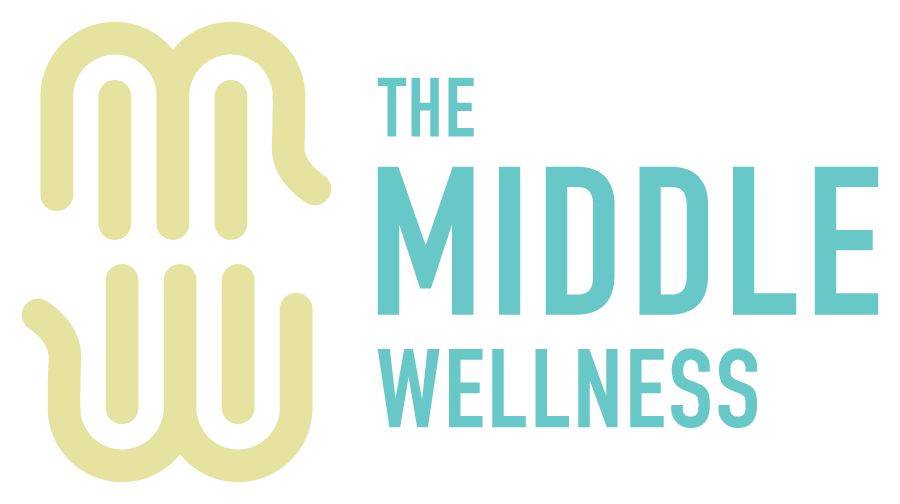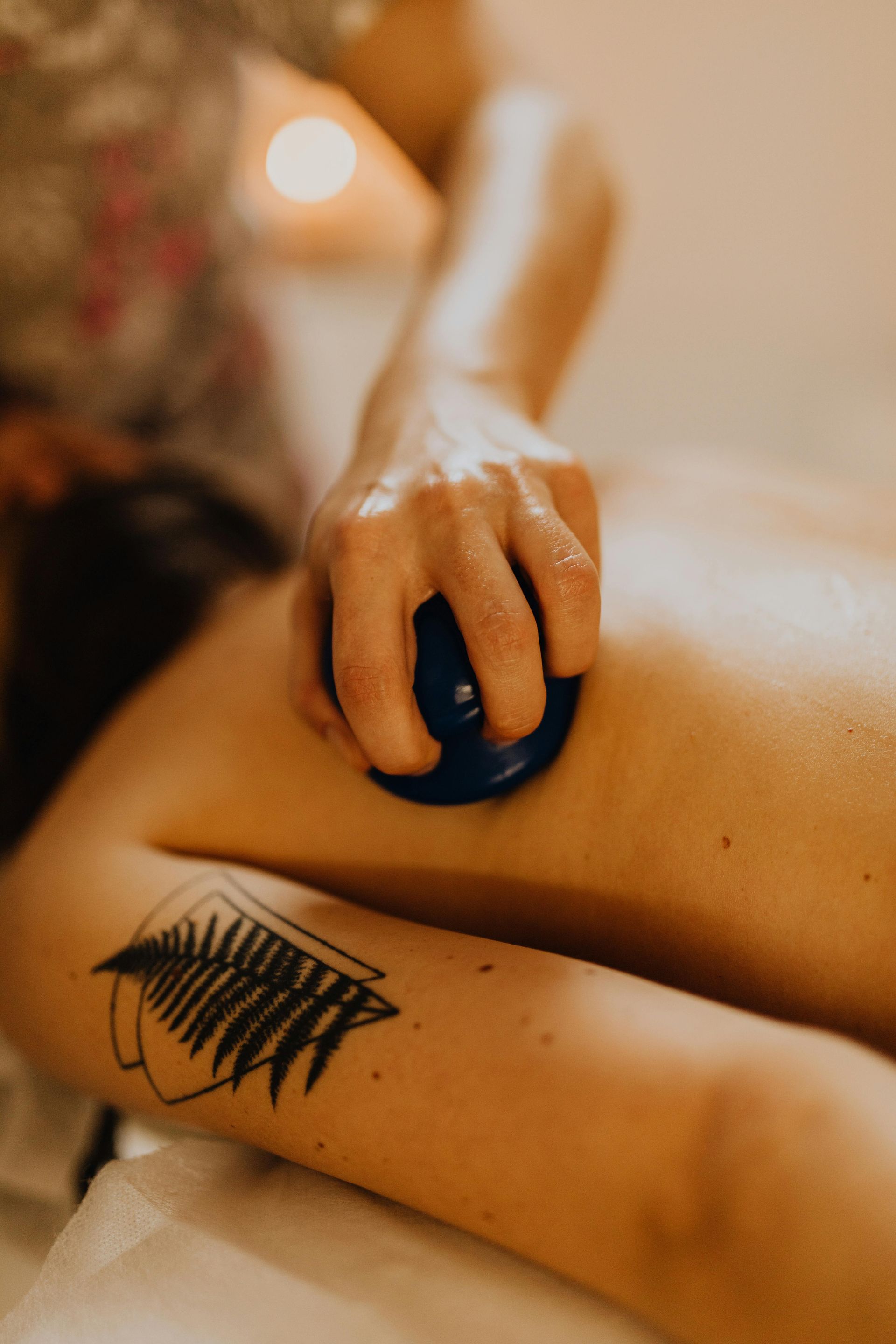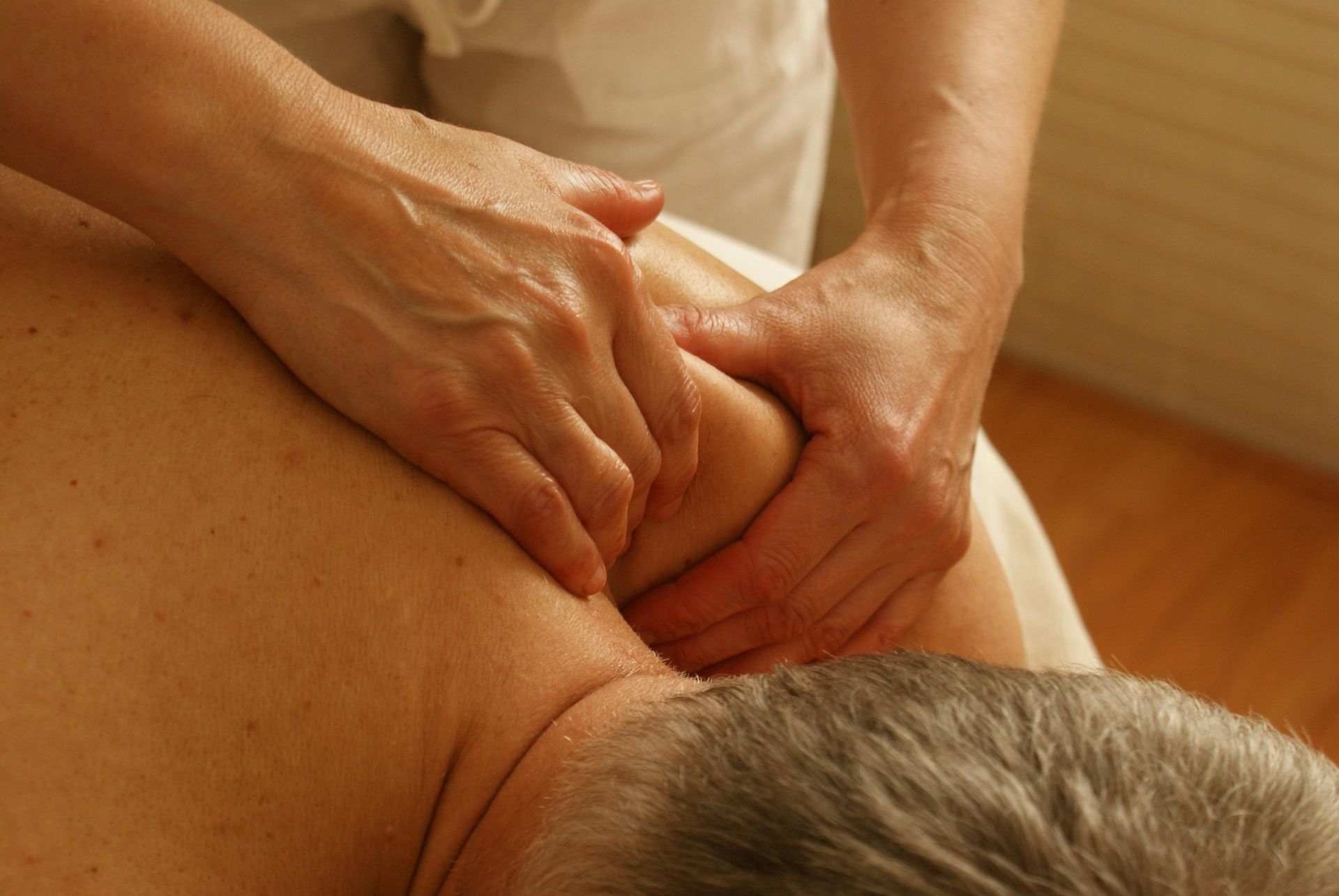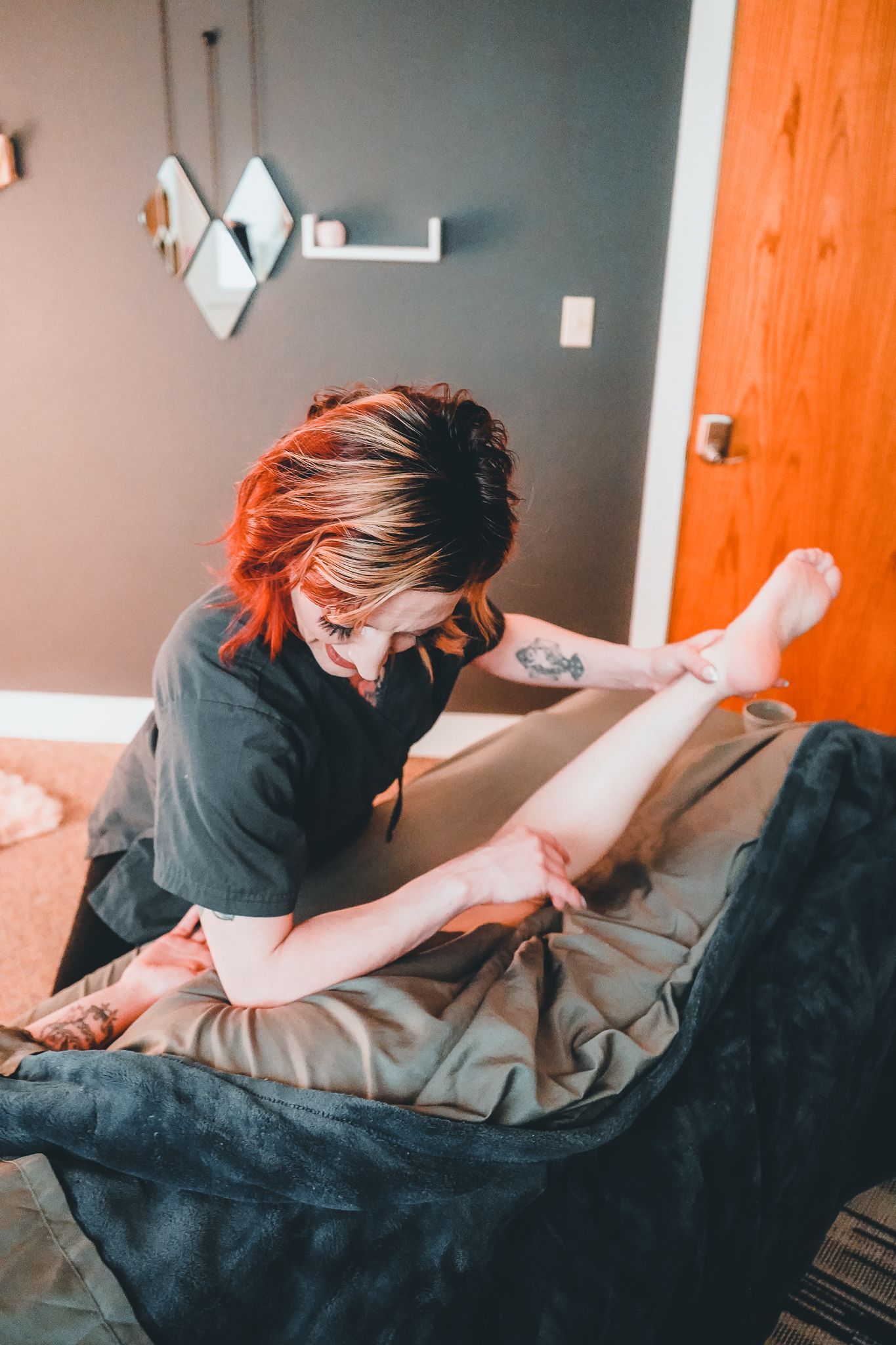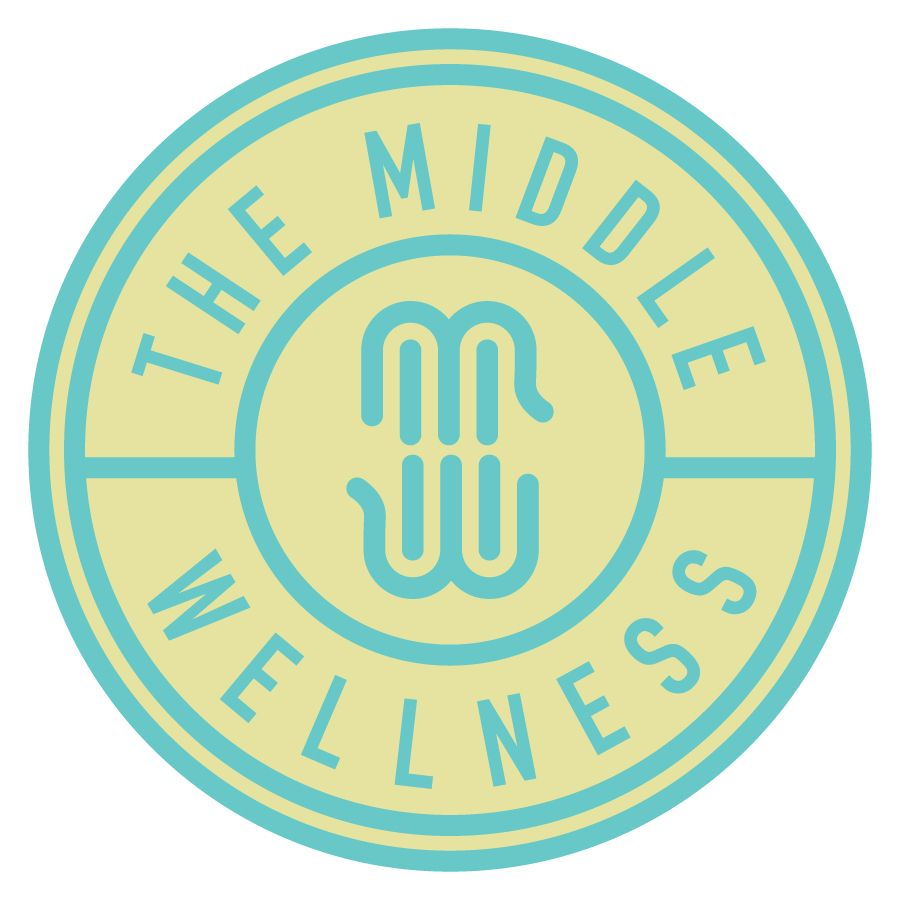Unlocking Stress Relief
Self-Care Techniques for Busy Professionals in Grand Junction

In the ever growing Grand Junction, where professionals often grapple with the pressures of high workloads, finding effective stress relief is paramount. Self-care techniques such as regular massage therapy and bodywork have become essential tools for maintaining mental and physical well-being. Imagine the soothing touch of a massage easing muscle tension, reducing anxiety, and uplifting your overall mood. Complement these sessions with mindfulness practices and deep breathing exercises, and you've got a powerful arsenal against stress. By integrating these techniques into your routine, you not only tackle workload stress relief head-on but also nurture resilience, allowing you to face challenges with clarity and renewed energy. Ready to unlock a path to relaxation and wellness? Let's dive in and explore how to make self-care a priority in your busy life.
Massage and Bodywork Benefits
Alleviating Muscle Tension
Muscle tension is a common issue for many professionals dealing with high workloads. Regular massage therapy is an effective self-care technique to alleviate this discomfort. Through targeted bodywork, therapists apply pressure to specific areas, easing tension and promoting relaxation. This process not only reduces discomfort but also enhances overall flexibility and circulation.
In Grand Junction, various massage techniques are available, including deep tissue and Swedish massages, each tailored to different needs. While deep tissue massage focuses on breaking down muscle knots, Swedish massage offers a gentler approach, ideal for stress management. By incorporating regular sessions, individuals can experience significant relief, allowing them to better manage stress and maintain productivity. Embrace the soothing effects of massage therapy to keep muscle tension at bay and boost your overall well-being.
Reducing Anxiety and Improving Mood
Massage therapy is not just about physical relief; it also plays a crucial role in reducing anxiety and improving mood. The gentle, rhythmic movements used in massage stimulate the release of endorphins, the body's natural feel-good chemicals. This process can lead to a significant reduction in stress and anxiety levels, fostering a sense of calm and well-being.
Individuals who incorporate regular massage sessions often experience enhanced emotional stability and an uplifted mood. This improvement can lead to better interactions at work and a more positive outlook on daily challenges. Additionally, the calming environment of a massage session offers a much-needed escape from the hustle and bustle, providing a mental reset. By prioritizing these therapeutic sessions, you can cultivate a more balanced and happier state of mind, essential for handling the demands of a busy professional life.
Mindfulness Practices for Professionals
Incorporating Deep Breathing Exercises
Incorporating deep breathing exercises into your daily routine is a simple yet effective self-care technique for workload stress relief. Deep breathing helps activate the body's relaxation response, counteracting stress and promoting a sense of calm. By focusing on slow, deliberate breaths, you can lower your heart rate and blood pressure, easing tension and enhancing mental clarity.
To practice deep breathing, find a quiet space where you won't be disturbed. Inhale slowly through your nose for a count of four, hold your breath for a moment, then exhale gently through your mouth. Repeat this process several times, allowing your mind to quiet and your body to relax. By regularly engaging in these exercises, you can manage stress more effectively, improve focus, and enhance overall well-being. This mindfulness practice is a valuable tool for professionals seeking stress management strategies to navigate their demanding workloads.
Scheduling Regular Breaks
Scheduling regular breaks throughout your workday is an essential mindfulness practice that aids in stress management and boosts productivity. Short breaks allow your mind to rest and recharge, preventing burnout and maintaining mental sharpness. By stepping away from work tasks, even briefly, you can return with renewed focus and energy.
It's important to plan these breaks into your schedule, treating them as non-negotiable appointments with yourself. During these times, engage in activities that promote relaxation and mindfulness, such as stretching, taking a short walk, or practicing deep breathing exercises. These moments of pause help reduce feelings of overwhelm and improve your ability to handle complex tasks.
Regular breaks also provide an opportunity to check in with yourself, assessing how you're feeling physically and mentally. By listening to your body's signals and taking proactive steps to care for your well-being, you create a healthier work-life balance and enhance your overall effectiveness as a professional.
Creating a Self-Care Routine
Integrating Techniques into Daily Life
Integrating self-care techniques into your daily life is crucial for effective stress management, especially in the demanding environment of Grand Junction. Start by identifying key stressors in your routine and select practices that address them directly. For instance, if you experience physical tension, regular massage therapy and bodywork can provide relief. Complement these with mindfulness practices like deep breathing exercises to calm your mind.
Design a self-care schedule that accommodates your lifestyle. This could mean setting aside time each day for a brief meditation session or scheduling weekly massages. Consistency is key; even small, regular actions can have a significant impact on your well-being.
Make self-care a priority rather than an afterthought. Consider partnering with a friend or colleague to keep each other accountable. By embedding these techniques into your routine, you'll cultivate resilience, improve your mood, and enhance your ability to tackle daily challenges with renewed energy and focus.
Enhancing Workload Stress Relief
Enhancing workload stress relief involves more than just occasional self-care activities; it's about creating a sustainable routine that consistently supports your mental and physical health. Begin by reevaluating your daily habits and identifying areas where stress accumulates. Once identified, apply targeted self-care techniques, such as massage therapy for physical tension or mindfulness practices to calm mental stress.
To maximize effectiveness, integrate these techniques into the natural flow of your day. For example, start your morning with a short meditation session or a few minutes of deep breathing exercises. Incorporate regular breaks during work hours to stretch and clear your mind.
On a weekly basis, consider scheduling a professional massage or engaging in bodywork sessions. These practices can significantly reduce accumulated stress, promote relaxation, and enhance overall well-being. By making these self-care strategies a regular part of your life, you'll create a robust defense against stress, allowing you to remain focused and productive even during challenging times.
